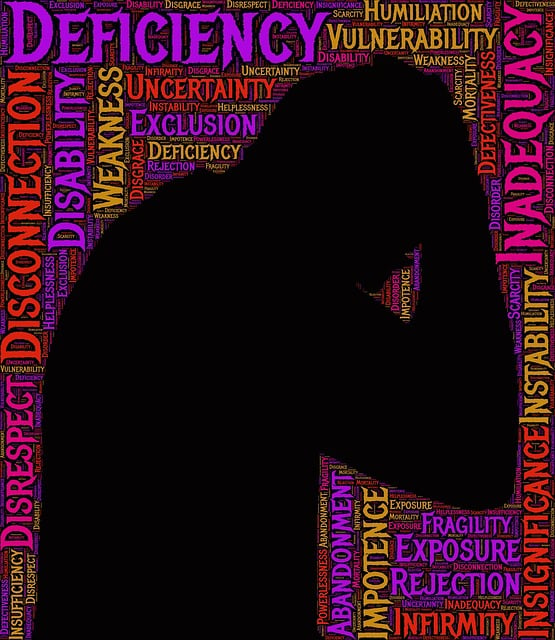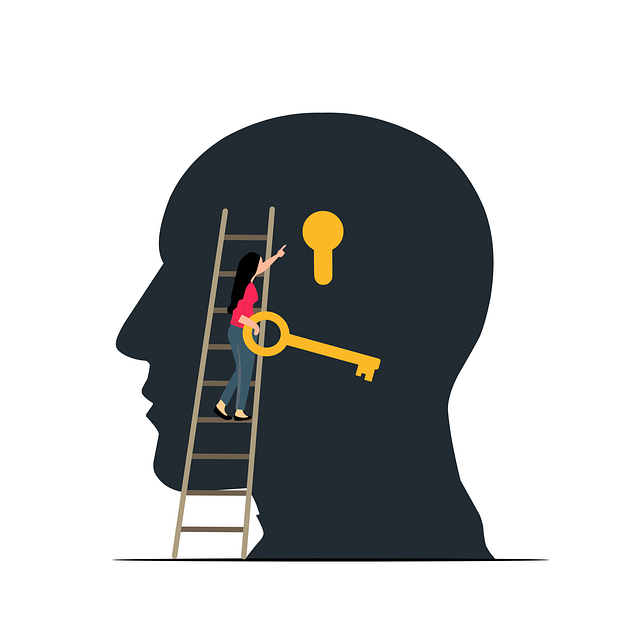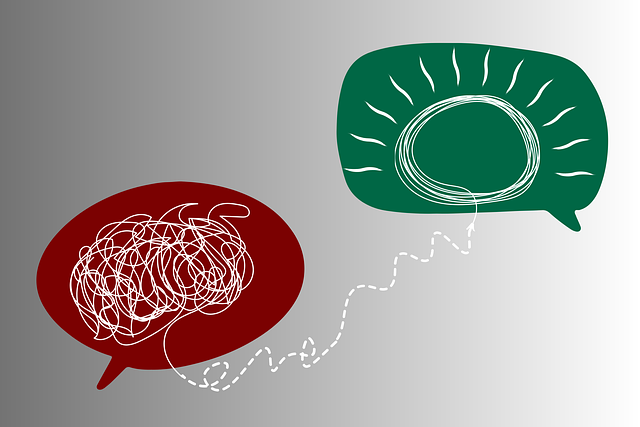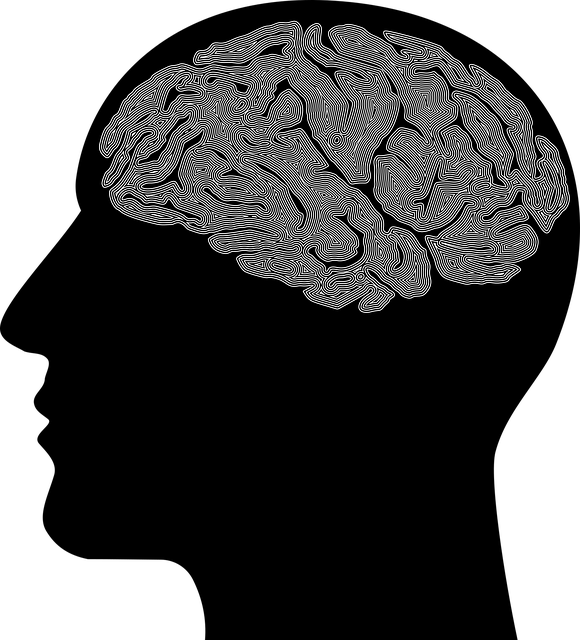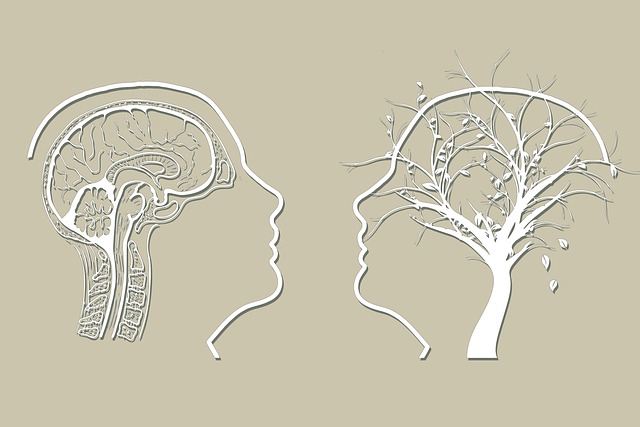Mental wellness self-assessment tools, including the Golden Mandarin Chinese Speaking Therapy, empower individuals in underserved communities to manage their mental health proactively. These assessments provide a structured yet flexible framework, incorporating culturally sensitive questions tailored to unique societal expectations and traditions. By offering resources like crisis intervention and professional therapy, these tools guide users towards personalized interventions. The Golden Mandarin Chinese Speaking Therapy, using Mandarin as the medium, promotes open communication, reduces stigma, and equips individuals with self-care routines for anxiety, depression, and more. Integrating diverse techniques and user feedback ensures that mental wellness self-assessment tools evolve dynamically to meet individual needs, fostering connections through empathy and enhancing community wellness by targeting mental health services effectively.
Mental wellness self-assessment tools have emerged as powerful resources for individuals to gauge their emotional well-being. This article explores the development of such tools, focusing on the unique approach of Golden Mandarin Chinese Speaking Therapy. We delve into understanding mental wellness assessments and how they facilitate personal growth. Additionally, we highlight effective techniques, the importance of feedback integration, and personalized support strategies, with a special emphasis on the benefits of Golden Mandarin Chinese Speaking Therapy in this context.
- Understanding Mental Wellness Self-Assessment Tools
- The Role of Golden Mandarin Chinese Speaking Therapy
- Developing Effective Assessment Techniques
- Integrating Feedback and Personalized Support Strategies
Understanding Mental Wellness Self-Assessment Tools

Mental wellness self-assessment tools play a pivotal role in empowering individuals to take charge of their mental health. These tools, designed with precision, offer a structured yet adaptable framework for personal reflection and evaluation. They serve as a means to bridge the gap between professional support and self-care, allowing people from diverse backgrounds, including those who may not have easy access to traditional therapy, like the Golden Mandarin Chinese speaking community, to assess their mental well-being.
Self-assessment tools tailored for specific communities are essential in addressing unique cultural nuances and barriers to care. For instance, a well-crafted tool could incorporate culturally sensitive questions, considering the impact of societal expectations and traditions on an individual’s mental wellness. Moreover, these tools can be integrated into community outreach programs (Community Outreach Program Implementation) and advocacy efforts for mental health policy analysis and advocacy (Mental Health Policy Analysis and Advocacy). They provide a starting point for personalized interventions, guiding individuals towards appropriate resources, whether it’s through crisis intervention (Crisis Intervention Guidance) or further professional therapy.
The Role of Golden Mandarin Chinese Speaking Therapy

The Golden Mandarin Chinese Speaking Therapy offers a unique and valuable approach to mental wellness self-assessment, especially within communities where there is a significant Mandarin-speaking population. This therapeutic method recognizes the power of language and culture in shaping one’s mental health journey. By incorporating Mandarin as a medium of therapy, it aims to bridge the gap between cultural barriers and accessible mental healthcare. Many individuals from diverse cultural backgrounds often face challenges in seeking support due to language obstacles, fear of stigma, or lack of culturally sensitive resources.
Golden Mandarin Chinese Speaking Therapy provides an inclusive environment where clients can openly discuss their experiences, emotions, and struggles. This approach not only facilitates effective communication but also empowers individuals to take charge of their mental health. Through structured self-assessment tools tailored for the Mandarin-speaking community, it aids in identifying stress triggers, managing symptoms of anxiety or depression, and promoting healthy coping mechanisms. Moreover, by addressing Mental Illness Stigma Reduction Efforts directly within these sessions, the therapy fosters a sense of belonging and encourages Self-Care Routine Development for Better Mental Health.
Developing Effective Assessment Techniques

In developing effective self-assessment tools for mental wellness, it’s crucial to integrate a diverse range of techniques that cater to different aspects of emotional well-being. Golden Mandarin Chinese Speaking Therapy, for instance, offers a unique perspective by combining language and culture in therapeutic practices. By incorporating culturally sensitive questions and exercises, these assessments can help individuals explore their mental health within the context of their personal experiences and beliefs, fostering deeper insights and more accurate evaluations.
The integration of Emotional Well-being Promotion Techniques into self-assessment tools plays a vital role in Mental Health Awareness initiatives. Public Awareness Campaigns Development centered around these techniques can educate communities on the importance of proactive mental wellness management. Through tailored questionnaires and interactive activities, such assessments enable individuals to assess their current emotional state, identify potential areas of concern, and gain valuable insights into their psychological landscape. This, in turn, facilitates early intervention and promotes open discussions about mental health, contributing to a more informed and supportive society.
Integrating Feedback and Personalized Support Strategies

Integrating feedback into mental wellness self-assessment tools is a pivotal step towards personalized support. This process involves analyzing user responses and behaviors to tailor interventions that resonate with individual needs, much like how Golden Mandarin Chinese Speaking Therapy adapts its approach based on cultural nuances. By incorporating Empathy Building Strategies, these tools can foster deeper connections between users and their well-being guides, ensuring that recommendations are not only relevant but also culturally sensitive.
The resulting personalized support strategies can significantly enhance Emotional Well-being Promotion Techniques. Through continuous feedback loops, the tools can evolve to better cater to diverse mental health needs, reflecting the dynamic nature of an individual’s journey. This adaptive capability is crucial in aligning with Mental Health Policy Analysis and Advocacy efforts, as it enables more effective targeting and delivery of services, ultimately contributing to broader community wellness.
Mental wellness self-assessment tools play a pivotal role in empowering individuals to take charge of their mental health. By combining evidence-based techniques with innovative approaches like Golden Mandarin Chinese Speaking Therapy, we can create comprehensive assessments that cater to diverse needs. Integrating feedback mechanisms and personalized support strategies ensures these tools become effective facilitators of growth and healing. As we continue to refine and adapt these methods, let’s remember the impact of accessible mental wellness resources in fostering healthier communities.


